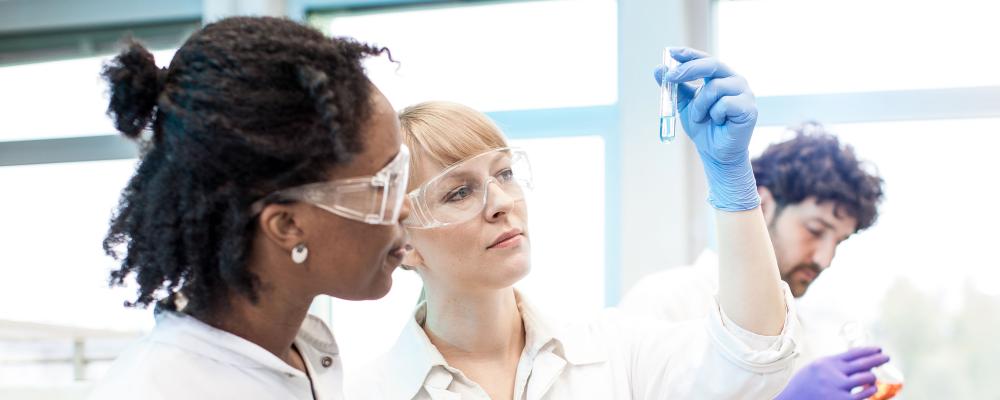Portal Our Laboratories

Bacteriology, Virology & GMO (BVO) unit (Angers site) of the Plant Health Laboratory
Head of Unit: Pascal Gentit
Deputy Head of Unit: Mathieu Rolland
7, rue Jean Dixméras 49044 ANGERS CEDEX 01
Email: lsv.ubvo@anses.fr
The Bacteriology, Virology & GMO (BVO) unit is located within a campus specialising in plants that carries out research, development and higher education activities. Part of the Plant Quality & Health federative research structure (QUASAV SFR), it is divided into three teams (bacteriology, virology, GMOs), each working in its area of expertise.
The Bacteriology team has long-standing experience in the detection, characterisation and analysis of bacterial plant pathogens, including for diagnostic purposes. In particular, it works on emerging and regulated quarantine pests, such as Xylella fastidiosa, Ralstonia solanacearum, Pantoea stewartii subsp. stewartii and Xylophilus ampelinus.
The Virology team has developed recognised expertise in diagnosing and researching diseases caused by viruses, viroids or bacteria in phloem (sap-transporting tissue). It therefore meets needs for the detection of new emerging agents such as lethal yellowing-type syndrome (LYTS), Candidatus Liberibacter solanacearum, tomato brown rugose fruit virus (ToBRFV), and tomato leaf curl New Delhi virus (ToLCNDV).
The GMO team works in particular to detect genetically modified organisms and any events that have contributed to their creation. It regularly updates its knowledge by participating in inter-laboratory tests, acquiring new methodologies, and working on research projects aiming to detect products derived from new breeding techniques (NBTs).
The unit has facilities that comply with the most recent containment requirements according to Commission Delegated Regulation (EU) 2019/829 on protective measures against pests of plants.
Reference activities
The BVO unit has five National Reference Laboratory mandates for the following themes:
- GMOs in maize (vegetative parts) and in potatoes, beets, rice, cotton, wheat and vegetable species (seeds and vegetative parts);
- bacterial plant pathogens (except bacteria in banana, citrus fruit and tropical plants);
- phytoplasmas (wall-less bacteria);
- viral plant pathogens (except plum pox virus, potato viruses and viruses in citrus fruit, banana and tropical plants).
The laboratory has a management system based on the requirements of the ISO/IEC 17025 standard. This system, accredited by the French Accreditation Committee (COFRAC), has provided the laboratory with international recognition.
Research activities
The unit leads or regularly participates in several national (CASDAR), European (H2020) and international (Euphresco) collaborative projects.
The Bacteriology team works in particular on emerging and regulated quarantine pests, such as Xylella fastidiosa, Ralstonia solanacearum, Pantoea stewartii subsp. stewartii and Pseudomonas syringae pv. actinidiae, which it studies through a number of partnerships (International Centre for Advanced Mediterranean Agronomic Studies (CIHEAM), French National Research Institute for Agriculture, Food and the Environment (INRAE), Council for Agricultural Research and Economics (CREA, Italy), Flanders Research Institute for Agriculture, Fisheries and Food (ILVO, Belgium), National Institute of Biology (NIB, Slovenia), etc.) and research projects.
As for the Virology team, it primarily conducts research into diseases caused by viruses, viroids or bacteria in phloem. Lastly, the GMO team participates in projects aiming to improve GMO detection methods and detect products derived from new breeding techniques (NBTs).